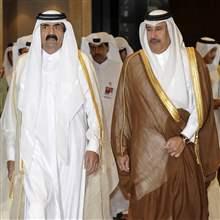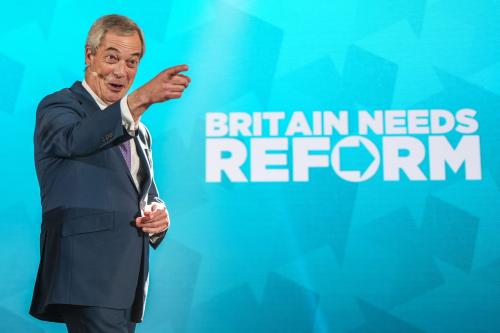Content from the Brookings Doha Center is now archived. In September 2021, after 14 years of impactful partnership, Brookings and the Brookings Doha Center announced that they were ending their affiliation. The Brookings Doha Center is now the Middle East Council on Global Affairs, a separate public policy institution based in Qatar.
From 2006 to 2011, Qatar was highly active as a conflict mediator within the greater Middle East, seeking political consensus in Lebanon as well as securing a key peace agreement regarding the Darfur conflict. What were the drivers of Qatari mediation during this time, and how successful were Qatari negotiators in their efforts? How has Qatar’s foreign policy during the Arab Spring affected its ability to act as a mediator? How might Qatar expand its mediation capacity in the future?
In an Analysis Paper, Sultan Barakat weighs the prospects for renewed Qatari mediation efforts in a changing regional landscape. He holds that Qatar’s turn towards a more interventionist foreign policy during the Arab Spring shifted the country’s focus away from mediation, while backlash against the country’s positions has limited its ability to engage with the region’s conflicts.
Drawing on interviews with government officials, Barakat concludes that Qatar’s efforts were much aided by financial resources and wide-ranging political ties which helped drive initial mediation efforts, yet were hampered by a lack of institutional capacity to support and monitor such mediation.
The Brookings Institution is committed to quality, independence, and impact.
We are supported by a diverse array of funders. In line with our values and policies, each Brookings publication represents the sole views of its author(s).



